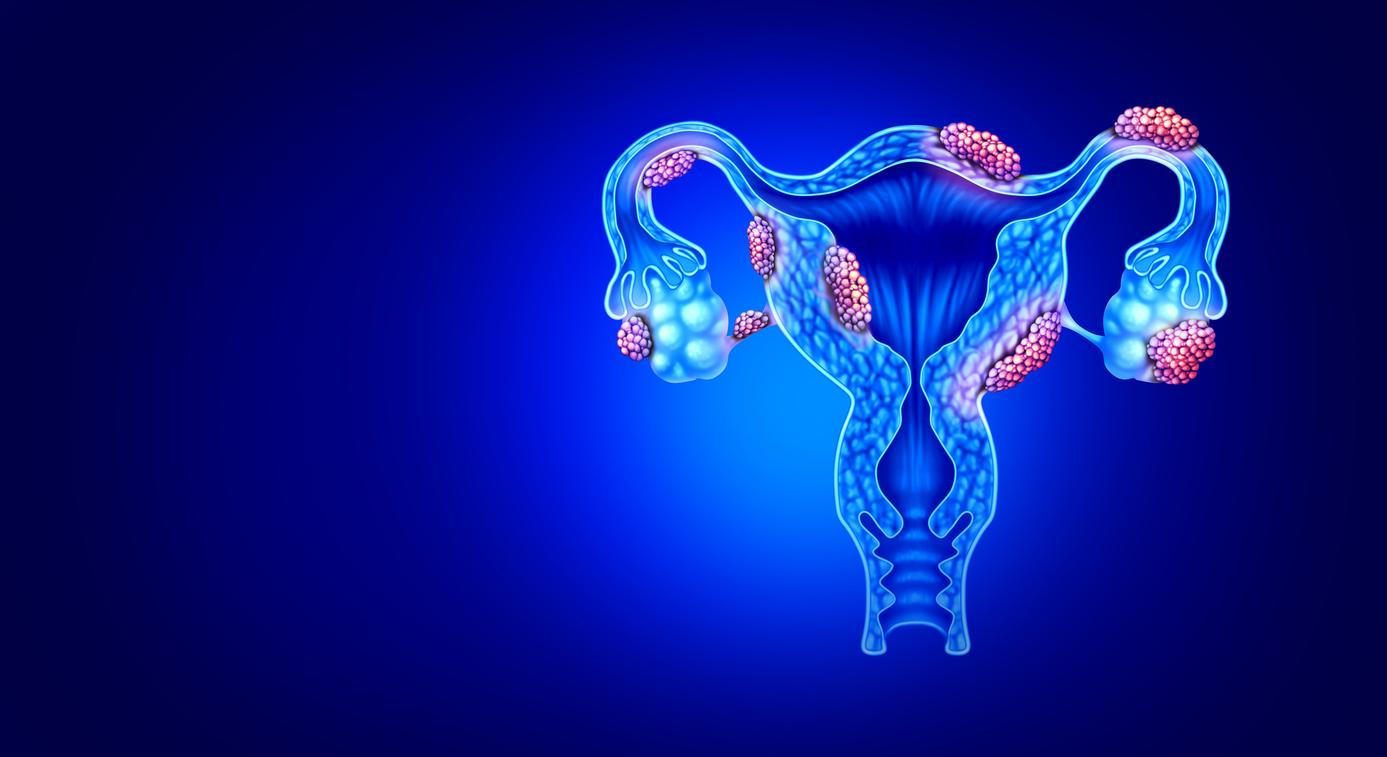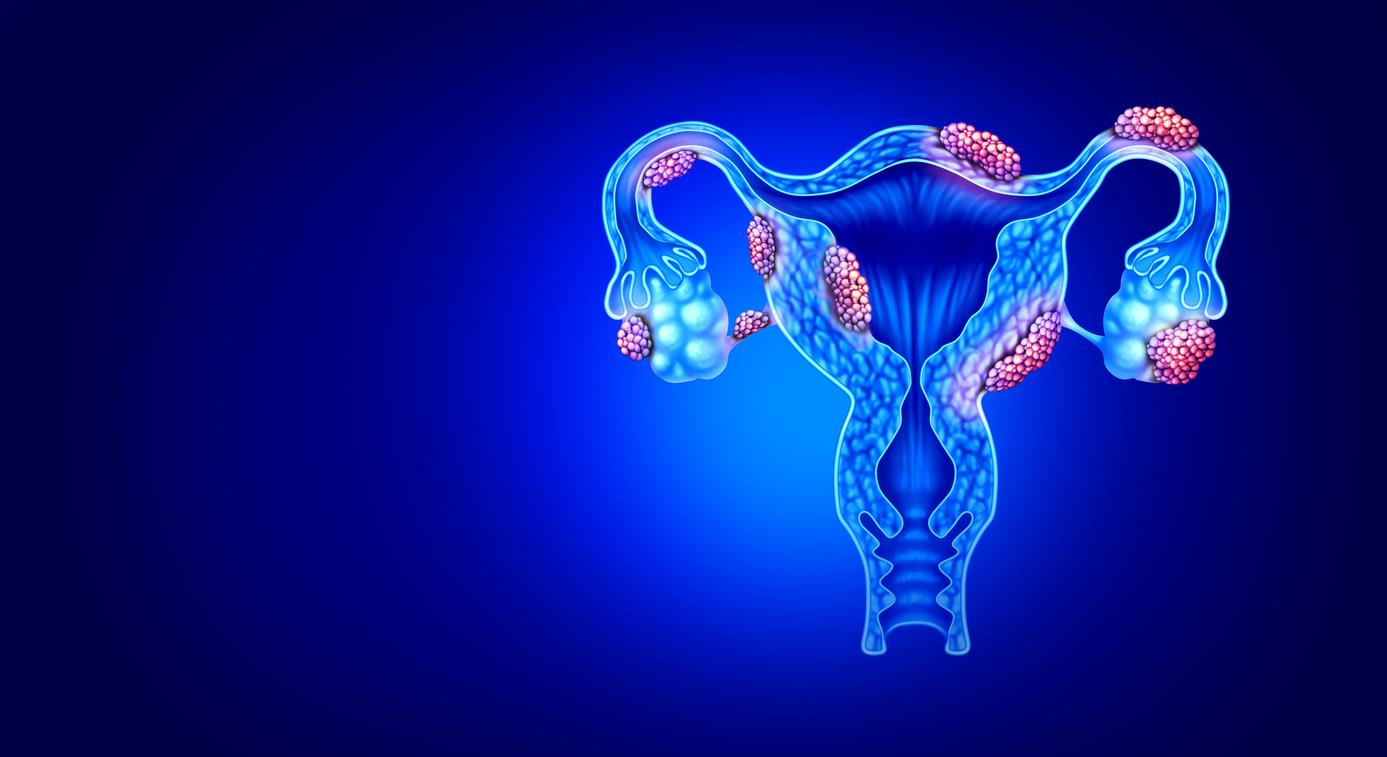Endometriosis is a common inflammatory and chronic gynecological disease that affects nearly one in 10 women of childbearing age. The exact causes of this debilitating disease are not known, but a new study suggests that a bacterial infection could be the cause of the development of endometriosis.
A bacterium present in 64% of patients
According to Japanese researchers, the Fusobacterium bacterium was found in the uterine endometrial tissue and lesions of almost 65% of the patients, while this bacterium was present in only 7% of the controls who did not suffer from endometriosis.
A subsequent study in mice showed inoculation with the bacterium Fusobacterium increased the number and weight of endometriosis lesions, while antibiotic treatment with metronidazole and chloramphenicol reduced these lesions.
“Our data support a mechanism for the pathogenesis of endometriosis via infection with Fusobacterium and suggest that the eradication of this bacterium could be an approach to treat endometriosis” underline the researchers in the journal Science translational medicine.
Source : Fusobacteriuminfection facilitates the development of endometriosis through the phenotypic transition of endometrial fibroblastsScience translational medicine, June 2023

















